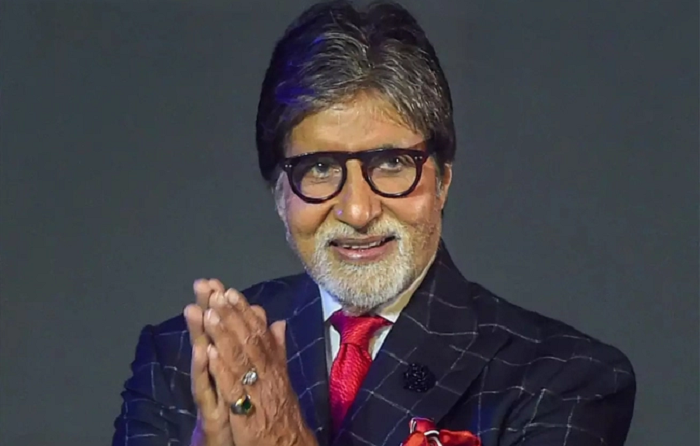Mumbai, Jun 22: Dia Mirza says exciting work opportunities start thinning out for female actors after they reach a certain age as filmmakers and some male actors "above 50" prefer to cast young heroines.
Dia, who is returning to the silver screen after a gap of six years with Rajkumar Hirani's "Sanju", believes the film industry is not that welcoming to female actors in their mid 30s.
"For women (actors), especially once they hit their mid 30s, opportunities, unfortunately, start shrinking because some filmmakers want to cast young actresses and most male actors, who have well passed their 50s, (also) want to work with the younger talent.
"One needs to break through this. It is going to take some fundamental changes in the way we approach our cinema whether it is about every woman making her choices or choosing to marry when she wants and continue to be a professional," Mirza told PTI in an interview.
Citing the example of yesteryear stars Sharmila Tagore, Waheeda Rehman and Smita Patil, who continued to get roles after marriage, Dia said today's actors "have to push themselves, explore opportunities, and even create them for themselves".
Dia, 36, said she waited for the right kind of roles and never accepted the offers that she felt were not good.
"I waited for two-and-half years from the time I finished my Iranian film to hear from a credible filmmaker asking me to be a part of his film. In December 2016, I got a call from Rajkumar Hirani for 'Sanju'. I was leaving for a vacation at that time. Raju sir (Rajkumar Hirani) told me to come to my office as he wanted to narrate a film.
"I told him that I am travelling. He said I might have to cancel the trip. He said that if I like the film and role, we will have to start reading immediately as the shooting will begin in 15 days," she recalled.
The actor said she was excited to resume work as not working on a film is "terrifying".
"I was relived and excited because I wasn't working on a film...it was scary and terrifying. I was excited and pumped to be part of a film that would be credible. To work with Raju sir, who I have always admired, on 'Sanju' was a very nice experience," Dia said.
Though Dia had not done any film for six years, the actor said that during the period she worked harder than she had worked in her entire career so far.
"..It's just that I was not in front of the camera. As an actor you feel most alive in front of the camera. I was doing a lot of work off-camera which was very satisfying and wonderful," the actor said.
She recalled various assignments she did while she was not acting in movies.
"I had the opportunity to meet some extraordinary human beings and to cover extraordinary stories whether it was 'Ganga -The Soul of India' or work for environment. It has been an enriching ride so far. But I guess as an actor, the one place where you feel most comfortable is in front of the camera," she said.
Dia had worked as a marketing executive during her college days before she started modelling for print and TV commercials, which led to a career in acting.
"I have had my share of ups and downs. I had to deal with the pressure of public attention and the pressure of brickbats, but it has been very exciting. I came to Mumbai with nothing. (Today), I have everything that I could have possibly asked for," she said.
"The greatest thing is that I could stand my ground and work with my own values. In my opinion, as long as you are happy, financially secure and have opportunities, you are successful," she said.
Dia is currently awaiting the release of "Sanju", a biopic on actor Sanjay Dutt, in which she plays the role of Dutt's wife Manyata.
The film is scheduled to be released on June 29.






Comments
Add new comment